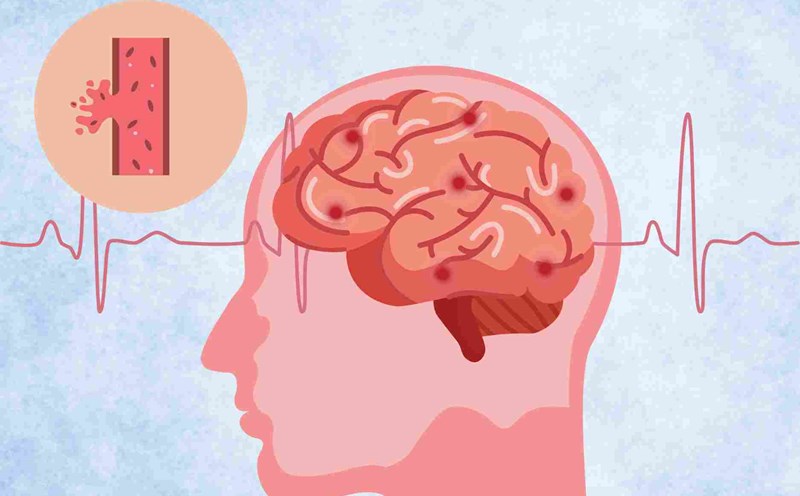Housewives, especially mothers, should know the signs that they may be supplemented with too much omega-3 to adjust foods in family meals.
Omega-3 is an essential fatty acid, which has many health benefits such as improving cardiovascular function, supporting the brain and fighting inflammation.
One of the common signs of over-supplementing omega-3 is unusual bleeding. According to research, when consuming more than 3 grams of omega-3 per day, the risk of bleeding, including orange bleeding and bruising, increases significantly because omega-3 has the ability to dilute blood. This is especially dangerous for people who are taking anticoagulants.
Consuming too much omega-3 can cause digestive disorders such as diarrhea, bloating and acid reflux. A study published in the American Journal of Clinical Nutrition shows that high doses of omega-3 can affect the intestinal microflora, causing imbalances and leading to unwanted digestive symptoms.
Another sign is that it affects the immune system. Long-term use of high doses of omega-3 can reduce the immune response, making the body more susceptible to infections. There is also some evidence that too much omega-3 can increase the risk of stroke due to bleeding in some people.
Although omega-3 has many benefits, it is necessary to supplement at the right dosage. The World Health Organization recommends not to consume more than 2-3 grams/day from supplements. Use should be monitored by a doctor, especially for people with a history of blood clotting disorder or are taking medication.











